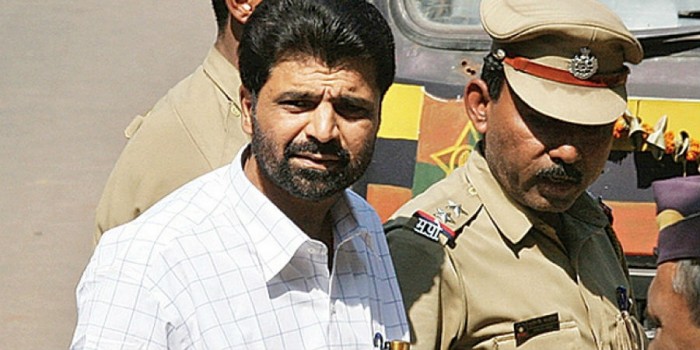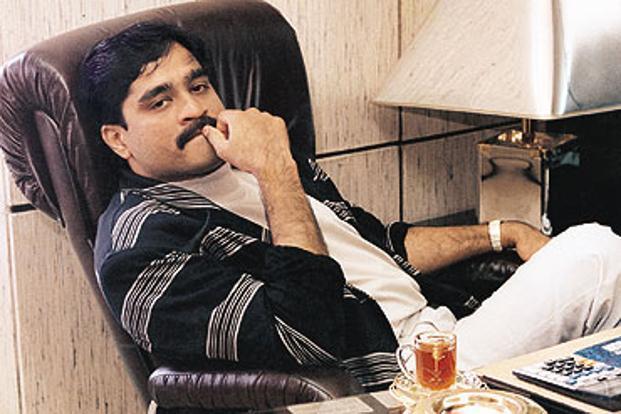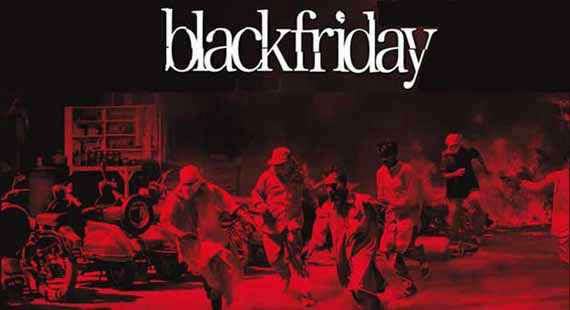Does Yakub Memon’s hanging really give a sense of closure to the city of Mumbai?
Friday, March 12, 1993 – 1.26 PM
It was a typical busy afternoon for people at the Bombay Stock Exchange (BSE). And while traders were frantically involved in wrapping up their business for the week, a massive bomb explosion rocked the 29-storeyed building. The impact of the bombing was so strong that, not only the BSE building, but other constructions nearby too suffered colossal damage. About 30 minutes later, another explosion took place in front of Mandvi Branch Corporation Bank near Masjid, and for the next two hours the city witnessed a series of coordinated attacks that went down in the books of history as the world’s most destructive serial bomb explosions that claimed 257 innocent lives.
Thursday, July 30, 2015 – 7.00 AM
A dramatic night of legal tangles was followed by a deathly silence at the break of dawn in Nagpur’s Central Jail. Yakub Abdul Razzak Memon, one of the conspirators of the horrifying 1993 serial blasts, was hanged to death at 7.00 AM. Time came to a standstill for those who witnessed and suffered the dastardly explosions, at a time when Bombay was still reeling under the aftermath of the Hindu-Muslim riots that followed the infamous Babri Masjid demolition. While majority of Indians lauded the judiciary system’s move to hang Memon, a section of people questioned if justice came a little too late. But, more importantly the question that remains is – has the execution of Yakub Memon given Mumbai, a city known for its undying spirit, a long-pending sense of closure?

Can’t sleep over the serial bombings yet
When asked what he did after planting an improvised explosive device (IED) in Mumbai’s Century Bazaar on the fatal day of March 12, 1993, Abdul Gani Ismail Turk shockingly told his interrogators, “I slept”. Now, 22 years later though the Supreme Court has delivered justice for the victims, it must not be confused with closure.
Yakub Memon’s hanging does not discount the fact that the masterminds of the 1993 bombings – Tiger Memon and underworld don Dawood Ibrahim – are still living as free men in Karachi, Pakistan.
According to investigation reports, Dawood Ibrahim escaped to Karachi from Dubai immediately after the Mumbai serial blasts. And while this underworld don was engaged in a luxurious lifestyle in Karachi, his associate – Tiger Memon – involved himself in a lavish property business.

In an article written by veteran Pakistani journalist Ghulam Hasnain, he mentions that Dawood’s life in Karachi involved his love for Black Label whiskey, mujras and gambling. He added, “Carousing through the night, Dawood and his companions quit only at dawn and collectively offer fajr prayers. This has been Dawood Ibrahim’s routine for several years.”
Dawood and Tiger Memon’s presence in Karachi was not accepted with open arms by local residents. Reports suggest that there was strong resistance from several organisations, but they were asked not to raise their voices against those who’ve done well for Pakistan.
Really? How can claiming innocent lives be of any good to a nation?
For Dawood Ibrahim and Tiger Memon, the Mumbai bombings were legitimate because they wanted to avenge the anti-Muslim riots that Mumbai witnessed following the Babri Masjid demolition. They clearly exploited the sentiments of a handful of Indian Muslims, who lost their families and homes, and were desperately seeking for justice following the riots.
But what about the city of Mumbai itself that got a bitter taste of terror then and continued to suffer at the hands of those who aim to disrupt peace?

In its judgement on the 1993 blasts, the Supreme Court clearly mentions Pakistan’s involvement in the horrifying attacks. It noted, “The accused arrived in Pakistan for training and they were received by ISI operatives who took them out of the airport without observing any immigration formalities. Meaning thereby, they had a green channel entry and exit in Pakistan. Another confession reveals that they received training from ISI officials themselves on some occasions. These events unveil the tolerance and encouragement shown by Pakistan towards terrorism. A host-state that has the capability to prevent a terrorist attack but fails to do so will inherently fail in fulfilling its duty under Article 2(4) of the Convention since terrorism amounts to force by definition.”
And yet, the city of Mumbai suffered the 2006 train bombings and the 2008 terror attacks.
Though the likes of Yakub Memon and Ajmal Kasab (hanged for waging war against India in the 26/11 attack) have paid for their crimes, in the larger scheme of things, one wonders how the Indian government and its law enforcing bodies can allow the likes of Dawood Ibrahim, Tiger Memon, Hafeez Saeed etc. enjoy in their safe-havens in Pakistan. Today, although some of the 1993 serial blast survivors and victims’ kin will breathe a sigh of relief, in my opinion, unless these masterminds are sent to the gallows – the city of Mumbai cannot afford to go into a deep sleep that tags along with the sense of closure.
Disclaimer: The opinions expressed in this article are the author’s own and do not reflect the views of Folomojo.com
Also read
1993 Mumbai blasts convict Yakub Memon hanged: Reactions and more
Yeh Hai Mumbai Meri Jaan! 15 famous quotes that truly define the city of dreams

OMG-inducing, share-compelling, like-attracting, clutter-breaking, thought-provoking, myth-busting content from the country’s leading content curators. read on...
